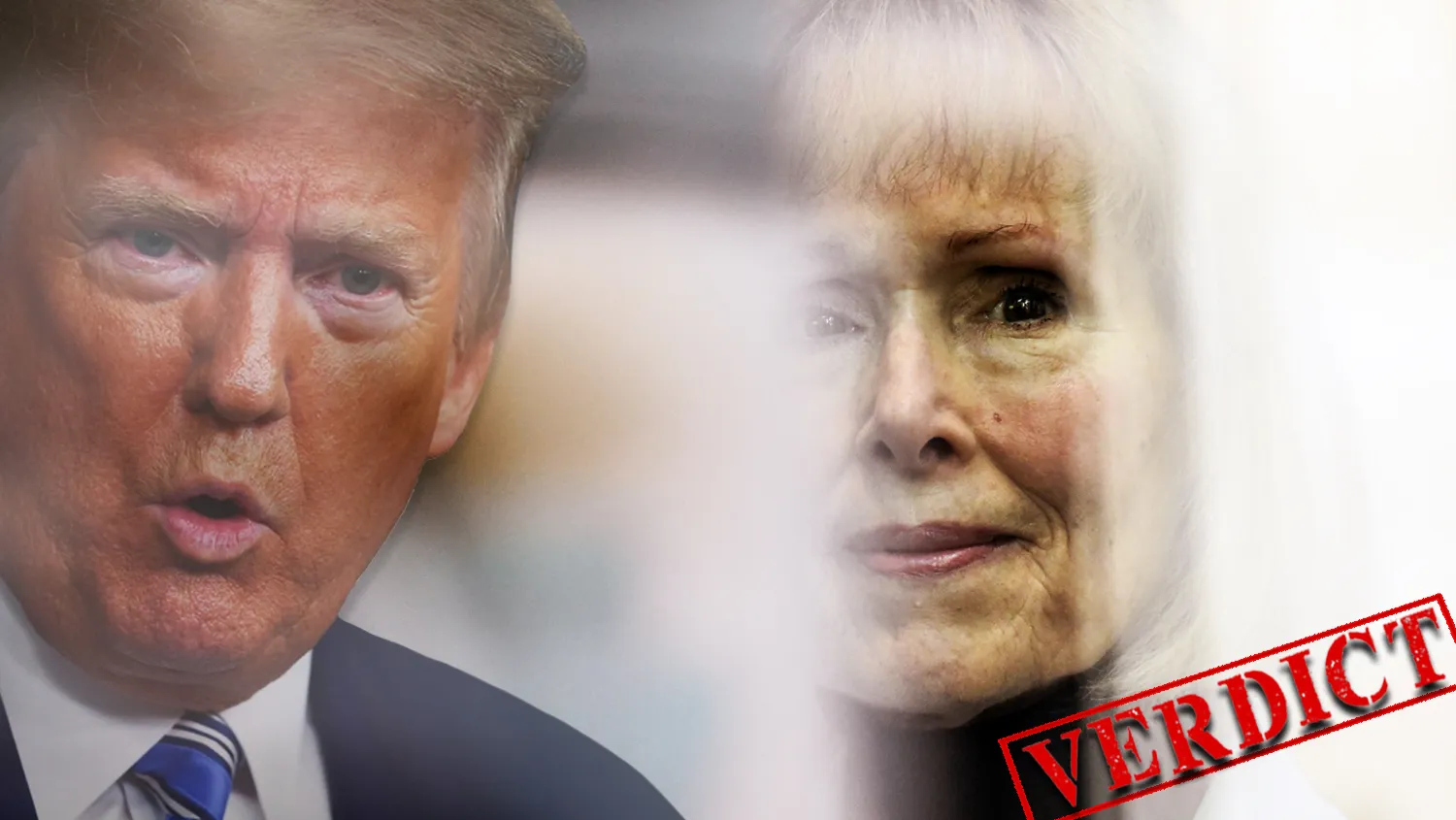
Background
E. Jean Carroll, a well-known magazine columnist, accused former President Donald Trump of sexually assaulting her in the spring of 1996. The incident allegedly took place in a dressing room at Bergdorf Goodman, a luxury department store in New York City. Carroll claimed that Trump raped her during this encounter, a serious accusation that she kept private for many years before making it public.
In addition to the assault accusation, Carroll accused Trump of defamation. She claimed that he made defamatory statements about her on social media in October of a subsequent year, after she went public with her allegations.
The Verdict
A Manhattan federal jury found Donald Trump liable for both battery and defamation. The jury’s decision awarded Carroll approximately $5 million in damages: $2 million for the sexual battery and $3 million for the defamation claim. This landmark verdict legally brands a former U.S. president as a sexual predator, marking a historic moment in American legal and political history.
Legal Aspects
The lawsuit was filed under the “New York State Adult Survivors Act,” which allowed a temporary window for victims of sexual assault to file claims, even if the statute of limitations had long expired. This legislation was pivotal in allowing Carroll’s case to be heard in court.
In the civil suit, the jury had to determine whether Trump committed battery against Carroll based on a preponderance of the evidence, meaning they needed to believe it was more likely than not that the assault occurred. To prove defamation, the jury had to find that Trump knowingly made false statements about Carroll, intending to harm her reputation and expose her to public ridicule.
Trump’s Response
Donald Trump denied all allegations made by Carroll, maintaining that he did not know her and had never met her. He called the jury’s verdict a “total disgrace” and criticized the trial as being “very unfair.” Despite the conviction, Trump continued to assert his innocence and framed the trial as politically motivated.
Implications
This conviction carries significant implications for Donald Trump, especially as he campaigns for a potential second term as President of the United States. The legal branding of Trump as a sexual predator is unprecedented and could influence public perception and voter behavior. It also opens the door for further scrutiny of his past behavior and other pending legal challenges.
Historical Context and Additional Allegations
Donald Trump has faced numerous allegations of sexual harassment and misconduct over several decades, from his time as a real estate mogul in New York to his tenure in the White House. More than two dozen women have accused him of inappropriate behavior, ranging from groping to unwanted sexual advances.
The earliest known allegation dates back to the late 1970s, involving Jill Harth, a former business associate who claimed Trump forcibly groped her. In the 1990s, several other women came forward with similar stories. One of the most notable was Kristin Anderson, who alleged that Trump reached under her skirt and touched her without consent at a nightclub.
The infamous “Access Hollywood” tape from 2005, released during Trump’s 2016 presidential campaign, captured him boasting about groping women without their consent. This tape, combined with multiple allegations, brought significant backlash and condemnation.
Even during his presidency, Trump faced accusations of misconduct. Alva Johnson, a former campaign staffer, claimed he forcibly kissed her without consent in 2016. E. Jean Carroll’s accusation of rape, which led to the recent verdict, emerged during this period and resulted in the defamation lawsuit.
Broader Impact
The conviction of Donald Trump underscores the pervasive issue of sexual misconduct, even at the highest levels of power. It highlights the importance of believing and supporting survivors, holding perpetrators accountable, and creating environments where such behavior is not tolerated.
Despite Trump’s consistent denials and attacks on his accusers’ credibility, the volume and consistency of the allegations lend significant weight to their claims. This case has reignited important discussions about power dynamics, consent, and the treatment of women, potentially influencing future legal and social standards.
The legacy of these cases will likely cast a long shadow over Trump’s public and political life, emphasizing the ongoing struggle for justice and accountability in instances of sexual misconduct.
